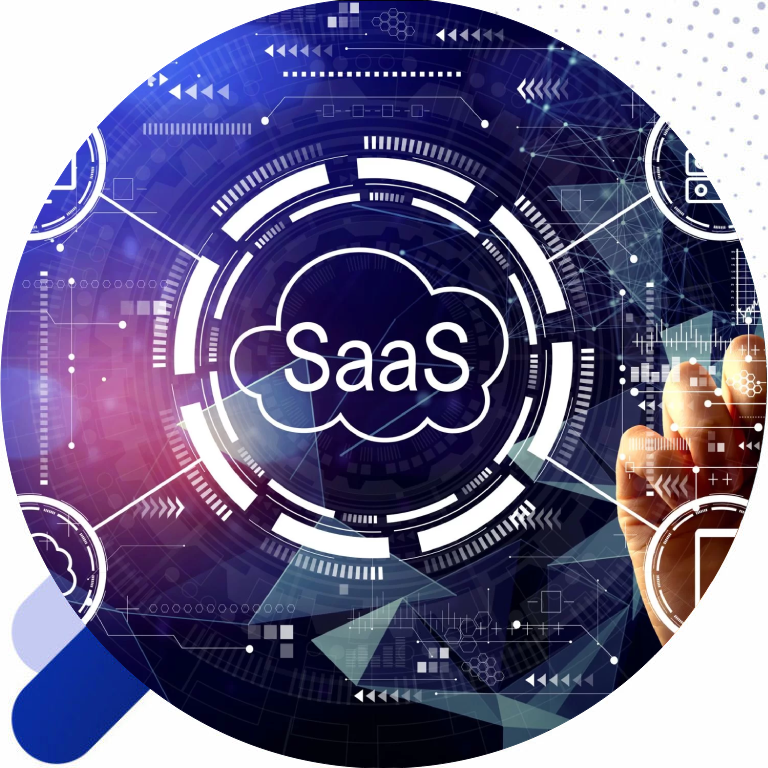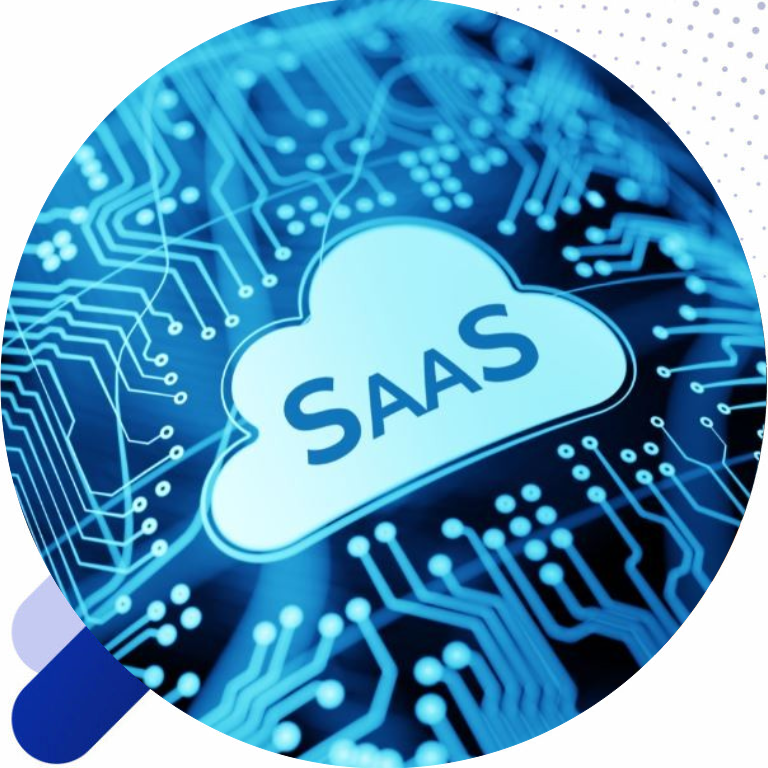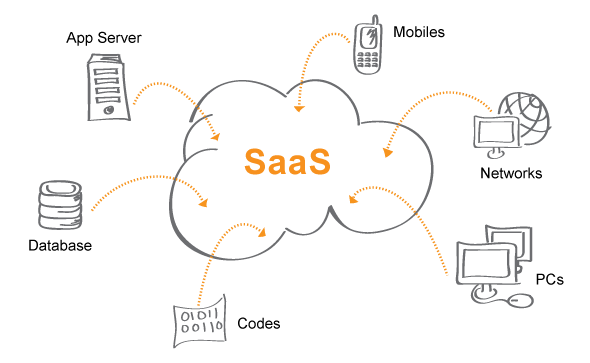What is Software as a Service (SaaS)?
Software as a Service (SaaS) is a cloud computing delivery model that enables users to access software applications over the internet on a subscription basis. Unlike traditional software that is installed locally on individual computers or servers, SaaS applications are hosted on the cloud, allowing users to connect to them anywhere and at any time, provided they have internet access. The SaaS model eliminates the need for complex installations and maintenance, which often accompany on-premises software. Accessing software through a web browser streamlines processes reduces hardware requirements, and ensures that users are always accessing the latest version of the application they are using.

Understanding Software as a Service (SaaS)
In the ever-evolving landscape of technology, one term continues to garner significant attention and importance: Software as a Service (SaaS). As businesses increasingly move towards cloud-based solutions, understanding SaaS has become essential for professionals, entrepreneurs, and IT specialists alike. This post aims to explore the definition, advantages, disadvantages, and future trends associated with SaaS, providing readers with a holistic view of this impactful service model.
Key Characteristics of Software as a Service (SaaS)

Several characteristics define the SaaS model:
- Cloud Hosting: SaaS applications are hosted on cloud infrastructure, allowing rapid deployment without the need for physical hardware installations.
- Subscription-Based Pricing: Most SaaS products operate on a subscription basis, where users pay a recurring fee—monthly or annually—depending on usage or tiered service levels.
- Automatic Updates: Software updates, patches, and maintenance are managed by the service provider, ensuring that users always have access to the latest features and security enhancements without additional effort.
- Scalability: SaaS solutions are designed to scale seamlessly with growing user demand, enabling businesses to adjust their subscriptions as their needs evolve.
- Accessibility: Users can access SaaS applications from various devices, including PCs, tablets, and smartphones, promoting flexibility and remote work.
Benefits of Software as a Service (SaaS)
SaaS offers several benefits that make it attractive to businesses and individuals:
Cost-Effective
One of the most significant advantages of SaaS is the reduction in upfront costs. Users do not need to purchase expensive hardware, software licenses, or infrastructure. Instead, they pay a subscription fee, which typically includes maintenance, support, and updates.
Scalability
SaaS solutions can easily scale as businesses grow. Users can add or remove features, storage, or users as needed, making SaaS particularly useful for small and medium-sized enterprises (SMEs) that are scaling their operations.
Accessibility
SaaS applications are accessible from anywhere with an internet connection, allowing for remote work and collaboration. This level of accessibility promotes flexibility and productivity across dispersed teams.
Automatic Updates
In a SaaS environment, the service provider is responsible for maintaining and updating the software. Users do not need to worry about manually installing patches, bug fixes, or new features.
Seamless Integration
SaaS applications often integrate easily with other cloud services and on-premise systems, enabling businesses to create a connected digital ecosystem. APIs and connectors are commonly provided to facilitate integration with other tools.
Reduced IT Overhead
Since the SaaS provider handles all infrastructure and maintenance tasks, businesses can reduce their IT staff and focus on strategic initiatives rather than routine maintenance.
Future Trends in Software as a Service (SaaS)
Artificial Intelligence and Machine Learning
AI and machine learning are increasingly being integrated into SaaS applications to provide intelligent automation, predictive analytics, and enhanced user experiences. This trend will accelerate as businesses seek to leverage data-driven insights for decision-making.
Vertical SaaS
While horizontal SaaS platforms cater to a broad range of industries, vertical SaaS focuses on providing specialized solutions for specific sectors such as healthcare, finance, or education. Vertical SaaS is expected to grow as businesses demand more industry-specific features and compliance tools.
SaaS and IoT
The combination of SaaS and the Internet of Things (IoT) will create new opportunities for businesses to collect and analyze data from connected devices. SaaS platforms will help organizations manage and make sense of the massive volumes of data generated by IoT networks.
Advantages of SaaS
The allure of SaaS lies in the myriad benefits it offers businesses and individual users alike. Here are some advantages:
Cost-Effectiveness
One of the most significant advantages of SaaS is its cost-effectiveness. Traditional software licenses often involve hefty upfront costs, along with ongoing expenditures for hardware and IT support. In contrast, SaaS models typically allow businesses to reduce capital expenditures by offering pay-as-you-go subscriptions that align costs with actual usage.
Minimal Maintenance
With SaaS, organizations are relieved of the burden of software maintenance. Service providers handle updates, server management, data storage, and security, allowing internal IT teams to focus on strategic initiatives rather than day-to-day maintenance.
Enhanced Collaboration
Many SaaS applications come with built-in collaboration features that facilitate communication and teamwork, making it easier for distributed teams to work together. Cloud-driven tools allow multiple users to access and edit documents in real-time, reducing the time it takes to complete projects.
Speak With Expert Engineers.
Contact us by filling in your details, and we’ll get back to you within 24 hours with more information on our next steps

Please fill out the contact form

Call Us
United Kingdom: +44 20 4574 9617

UK Offices
Business Address: 70 White Lion Street, London, N1 9PP
Registered Address: 251 Gray's Inn Road, London, WC1X 8QT
Schedule Appointment
We here to help you 24/7 with experts

